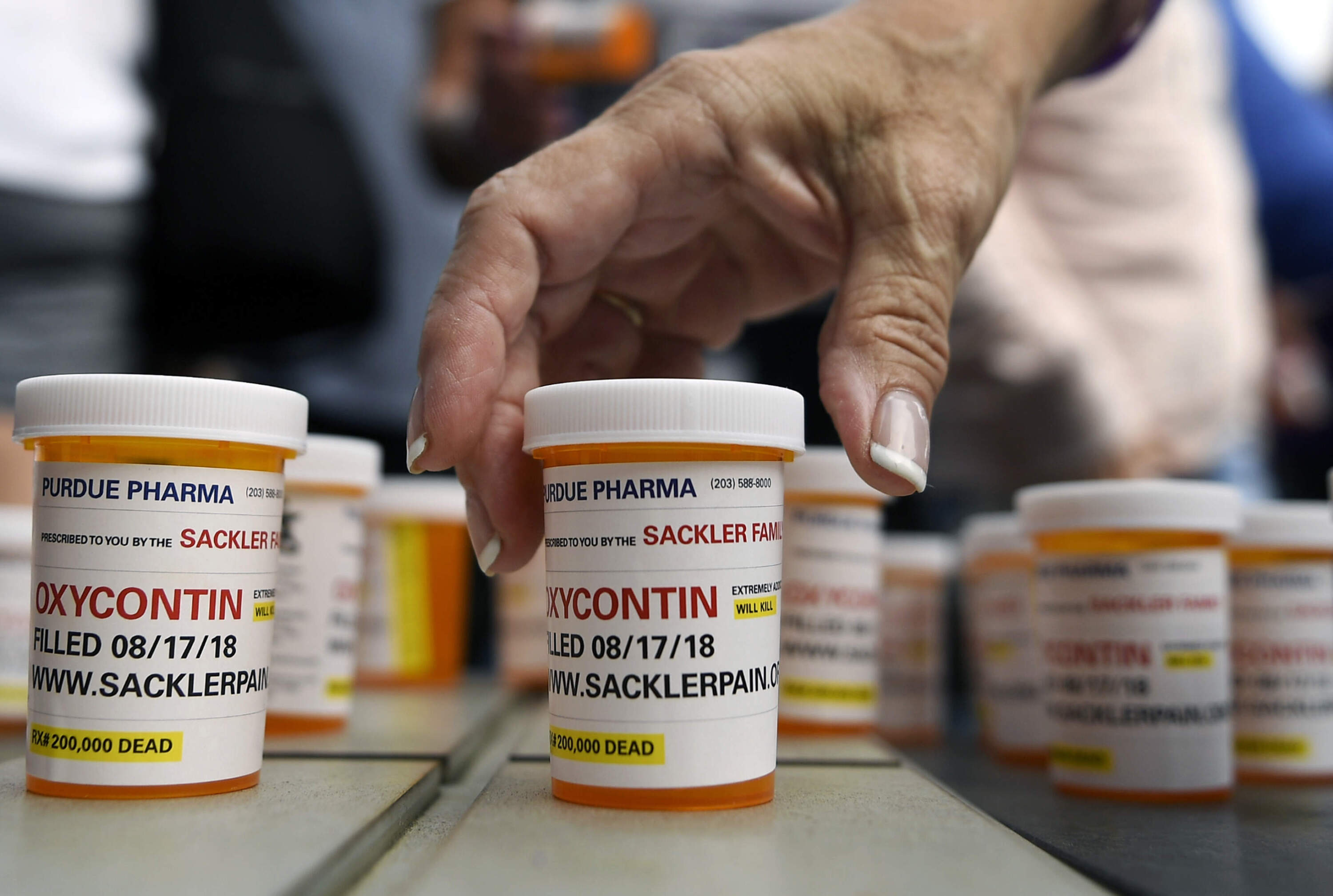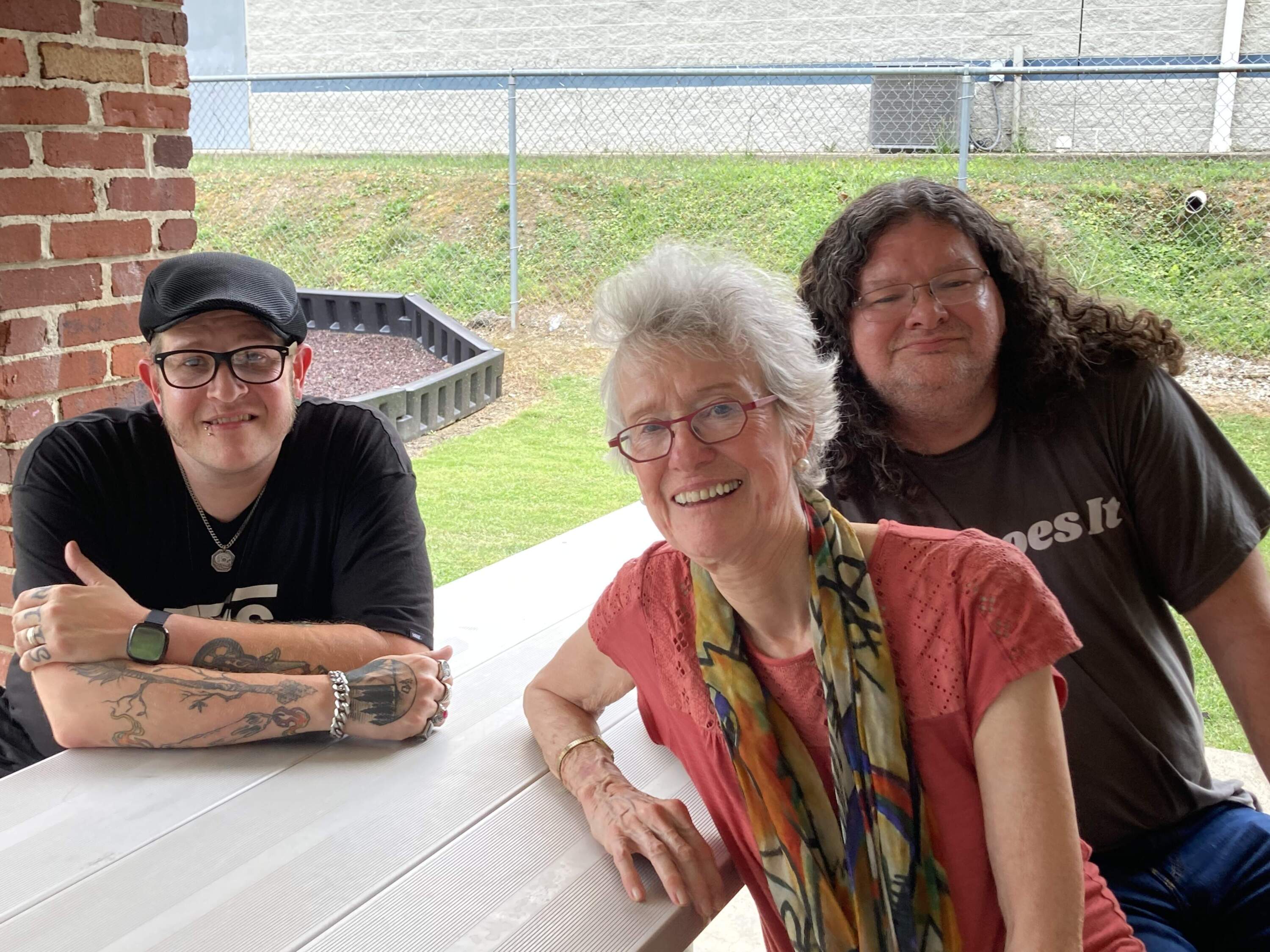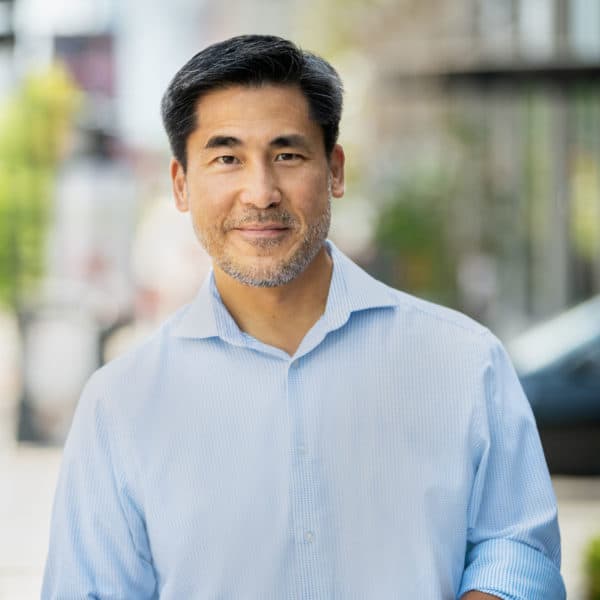Advertisement
How a ‘collective shame’ fuels addiction and politics in Appalachian Kentucky

This story is part of our series Asking Appalachia: Coal, Trump and the politics of eastern Kentucky. Find part one here.
James Browning calls himself a recovering addict. From the age 13 to 38, Browning’s longest stretch of sobriety was 21 days.
In his 40s now, Browning works as an addiction recovery counselor in Pike County, Kentucky. Browning’s addiction began when he was in middle school. He started using drugs to cope with abuse he faced as a child and the shame that came along with it.
“I was sexually abused from ages 8 to 11. But I did not pick up my first drug until I was 13,” Browning says. “I blamed those years of abuse for my drug use for years and years and years.”
His drug use started with marijuana, and Browning rationalized it as a natural substance, not a hardcore drug. But when he got his wisdom teeth removed, his dentist prescribed Percocet — an opioid — for the pain. Browning started taking it regularly, even crushing and snorting the pills for quicker onset.
In the throes of his addiction, he overdosed four times. And the fourth time was nearly fatal; his heart stopped beating for more than four minutes.
“One of the people standing around my bed — I'm assuming a doctor. I was kind of out of it — he asked me … ‘Do you know how long you were down this time, Mr. Browning?’ And I shrugged my shoulders, and he said, ‘Four minutes and 37 seconds,’” Browning says. “He said, ‘Do you know what happens after five?’ And I shook my head no. And he said, ‘A vegetable at best. Most of the time dead.’”
Browning was far from the only person in his community grappling with opioid addiction. In the late 1990s, Purdue Pharma’s OxyContin opioid hit the prescription pain medication market and rapidly spread through Kentucky and the rest of Appalachia in the early 2000s.
“Southern West Virginia and eastern Kentucky were just overwhelmed,” Browning says. “Swamped.”

Purdue Pharma targeted Kentucky for OxyContin distribution as pharmaceuticals weren’t as heavily regulated there as in other states.
“You could get away with it. Nobody was watching,” says sociologist and author Arlie Hochschild. “It doubled the rate of prescriptions.”
Spokespeople for the owners of Purdue Pharma, the Sackler family, have previously said: "While the families have acted lawfully in all respects, they sincerely regret that OxyContin, a prescription medicine that continues to help people suffering from chronic pain, unexpectedly became part of an opioid crisis that has brought grief and loss to far too many families and communities."
Dependence on OxyContin — which Purdue Pharma falsely claimed was not addictive — skyrocketed in Kentucky. Drug addiction is one of three ailments that scientists called ‘diseases of despair,’ along with alcoholism and suicide. And with coal mining jobs drying up and the economy growing increasingly fragile, despair permeated Appalachian Kentucky.
Advertisement
While conducting interviews and research for her book “Stolen Pride: Loss, Shame, and the Rise of the Right,” Hochschild dug into what she calls a “collective shame” in eastern Kentucky. The region was already facing economic hardship with the loss of coal mining jobs, but the influx of opioids in the 2000s compounded the despair. Hochschild says that many residents don’t feel comfortable talking about how drugs have impacted themselves or loved ones.
“I would say, ‘Here's a tape recorder. I'm going to tape our conversation.’ And it wouldn't take 20 minutes before someone would point to it and say, ‘I’m going to say something that I don't want on the record,’” Hochschild says. “Then they would say something not about themselves, but about a brother, or an uncle, or a parent, who had died of an overdose. So it was a point of shame.”

Shame — or trying to avoid it — is why Browning continued using drugs. He tried to quit repeatedly, but withdrawal symptoms kept him in the cycle. He lost his job as a mechanic at a Harley Davidson dealership because of addiction. He and his wife divorced, and he largely lost contact with his young son and daughter. When Browning tried to tell his wife about the sexual abuse he suffered and how drugs helped him cope, she told him to “suck it up,” he says.
“There's some more shame,” Browning says. “On top of the shame of using. On top of the shame that I felt from childhood, feelings of worthlessness, just all the things.”
That feeling of being unloved or rejected is something residents of eastern Kentucky echo often; a feeling of being forgotten not only by their families and communities but institutions like schools and the government.
Browning recalls former President Lyndon B. Johnson visiting eastern Kentucky and pledging a war on poverty in 1964.
“It was all a ploy. Then none of those things happened,” Browning says, “but he was able to make these people in this area believe it was going to happen.”
He draws comparisons between Johnson’s promises to the region and former President Donald Trump’s. In 2016, Trump vowed to bring back coal jobs to neighboring West Virginia. Browning says it filled Appalachians with hope and they overwhelmingly supported the former president. In the last generation, eastern Kentucky has gone from a union-strong Democratic area to a hardcore Republican stronghold.
Browning says Trump capitalized on the isolation and distrust that runs rampant in Appalachian Kentucky to secure support from voters there but failed to deliver on his promises. He says Trump came through on less than a quarter of the jobs he promised back in 2016, but people in Appalachia still support him.
“I think what he's done is tapped into that shame and the sense of being forgotten and alienated,” Browning says, “not in an empathetic way, but in an angry and malicious way.”
Once he got into rehab in 2020, Browning says his situation started to change. And it was largely due to the people he met there. One of those people was Tommy Ratliffe, a fellow recovering addict and addiction counselor in eastern Kentucky.
In rehab Ratliffe and Browning bonded over a shared love of punk music, and Ratliffe gave Browning a Misfits T-shirt. He also told Browning that fighting addiction on his own was never going to work. Community was vital to recovery.
Browning eventually joined a 12-step recovery program and started going to group meetings. After his first meeting, he says a number of other attendees came up to him, offered hugs and told him they loved him. He says he felt immediately skeptical of these strangers’ kindness, especially when they encouraged him to keep coming back to meetings.
“I thought to myself, ‘I will. I think I will keep coming back and I'm going to expose every one of you guys for the frauds you are,’” Browning says. “Because this cannot be real.”
But their love and support were real. Browning kept attending meetings and has been clean for four years now. He still goes to recovery meetings, where many other attendees share that ‘collective shame’ Hochschild found so intrinsic to the region.
Casey Lainhart goes to the same recovery meetings as Browning, and like him, flatlined after an overdose. When talking about her addiction, the concept of shame comes up.
“It's like there's this invisible person that is with you every day of your life asking you to do bad things, telling you you're never good enough, telling you you're unloved, telling you that you're not worth anything,” Lainhart says. “And this just eats at you every day and it's doing push-ups while you're sleeping.”
Find part three here.

